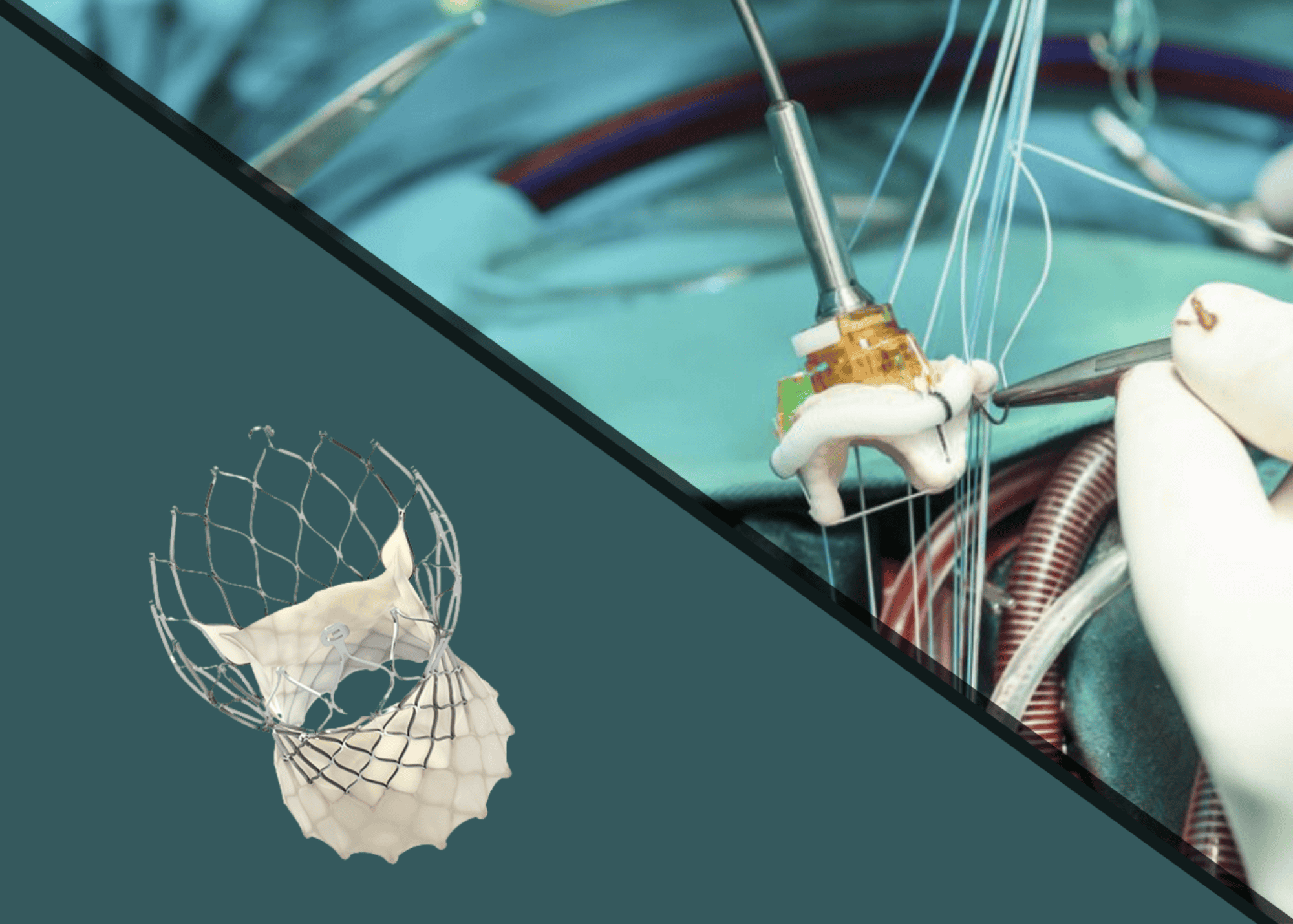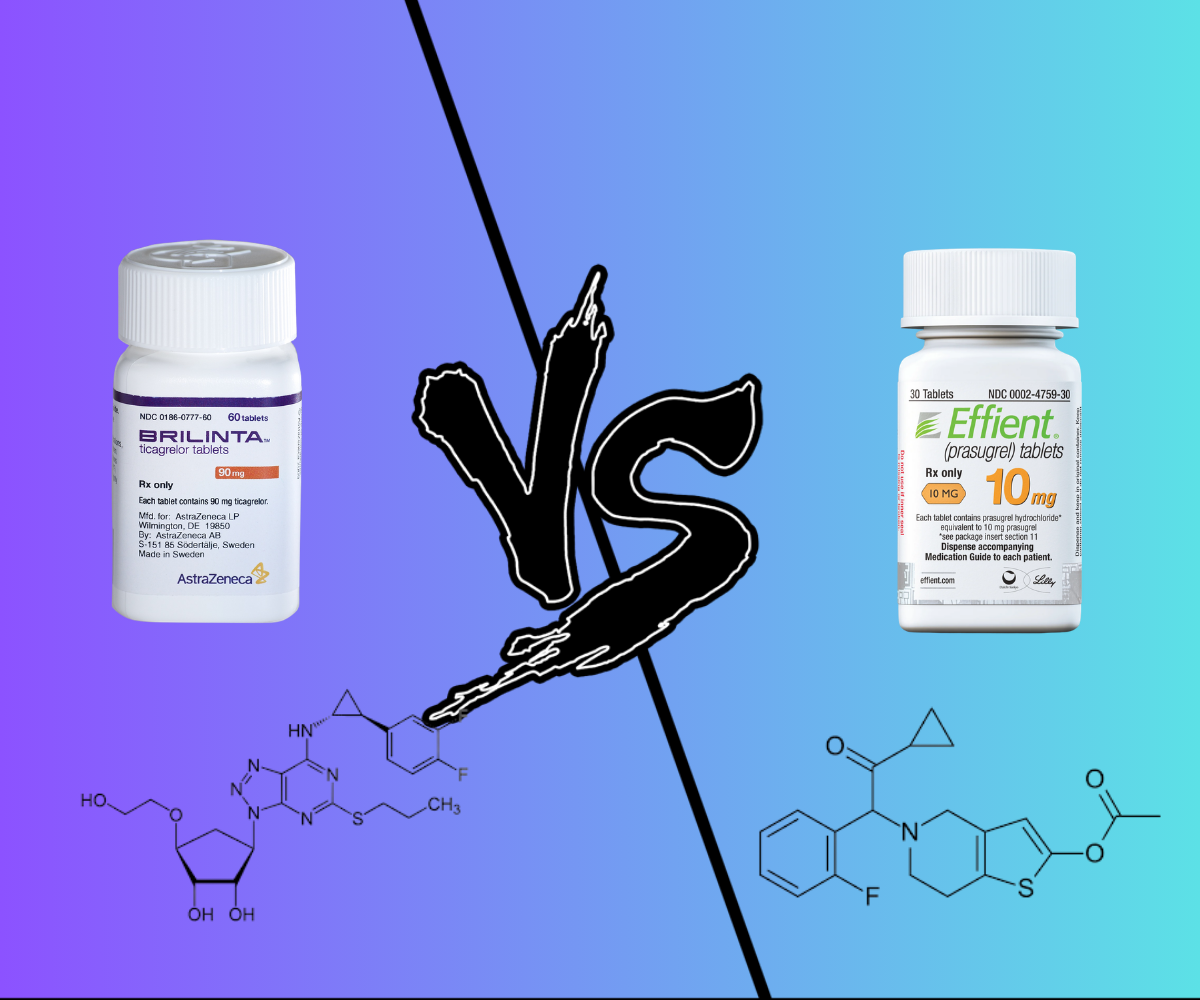A new HCM competitor emerged last week, after Edgewise Therapeutics’ EDG-7500 showed strong evidence of its safety and efficacy in a pair of early-stage trials.
- EDG-7500 is an oral cardiac sarcomere modulator designed to slow early contraction velocity and address impaired cardiac relaxation associated with HCM and other diastolic dysfunctions.
- EDG-7500 is later to the HCM party than BMS’ Camzyos and Cytokinetics’ aficamten, but is differentiated by its potential to improve blood flow without sacrificing LVEF.
Edgewise tested EDG-7500 in a Phase 1 trial to confirm the drug’s side effects, and an early part of a Phase 2 trial to measure EDG-7500’s impact on key oHCM biomarkers – and both trials proved successful.
The Phase 1 trial randomized 48 healthy patients to receive single doses of EDG-7500 or a placebo (5mg – 300 mg), while giving 34 healthy patients ascending doses daily for 14 days (25 to 100 mg), finding that…
- EDG-7500 was well tolerated, with no clinically meaningful changes in vital signs, clinical chemistry, hematology, or electrocardiograms.
- The EDG-7500 groups also had no meaningful changes in LVEF, and none of the subjects experienced a decrease in LVEF <50%.
- Adverse events were similar between the EDG-7500 and placebo groups.
In the CIRRUS-HCM Part A Phase 2 trial, patients with obstructive HCM received single doses of EDG-7500 (50, 100 or 200 mg), finding that…
- Patients taking 100 or 200 mg showed a 67% average reduction in resting LVOT-G and a 55% average reduction in provokable (Valsalva) LVOT-G.
- The 100 mg and 200mg patients also achieved 31% and 64% average reductions in NT-proBNP.
- Gradient reductions were achieved without a meaningful change in LVEF, and EDG-7500 proved to be well tolerated across all doses.
These results support Edgewise’s hypothesis that EDG-7500 can reduce LVOT gradients without reducing LVEF levels, potentially giving it a unique advantage over the current HCM frontrunners.
- Wall Street certainly seemed to agree, driving a 55% surge in Edgewise’s stock price to a three year high of $29.
That added value should come in handy for Edgewise, which is still planning a lot more research on EDG-7500’s safety, efficacy, and treatment dosages for both oHCM and nHCM.
The Takeaway
Edgewise has a long way to go, but this safety and efficacy evidence, and EDG-7500’s potential to reduce LVOT gradients without compromising LVEF could make it a future HCM contender.





